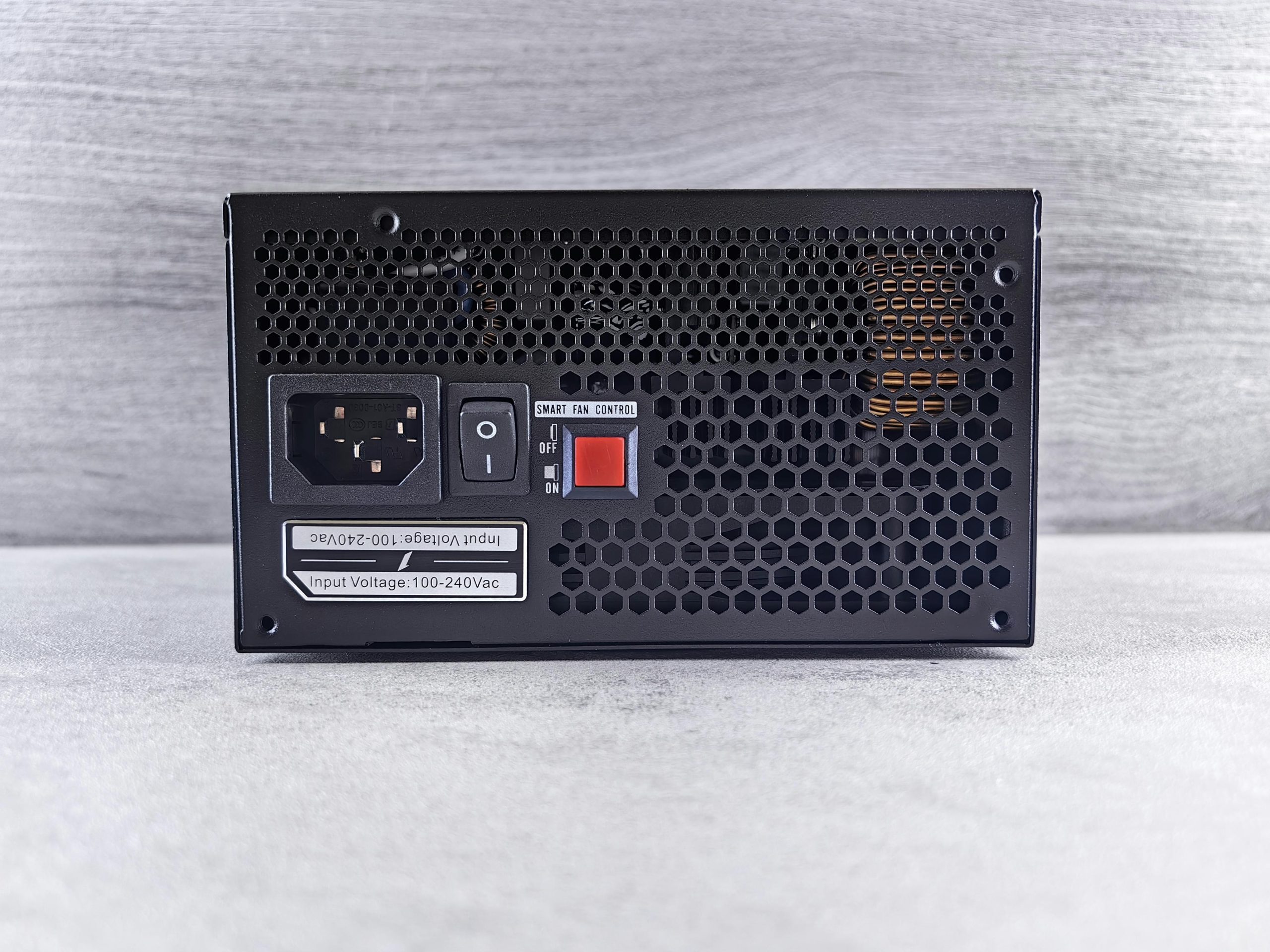Is Dropping Collision and Comprehensive Coverage on Old Cars a Good Idea? What You Should Know
When managing multiple vehicles, especially older ones, many owners consider whether maintaining comprehensive and collision insurance is worth the cost. If you’re in a similar situation—owning two vehicles primarily used by family members—you might be contemplating reducing your coverage to save money. But before making that decision, it’s crucial to understand the potential implications.
Assessing the Age and Value of Your Vehicles
Your cars, a Subaru Outback and a Mazda 3, are approximately 15 years old. As vehicles age, their market value diminishes, often making extensive coverage seem less economically justifiable. In your case, since these cars are mainly for your daughters’ use, the question arises: are the premiums for comprehensive and collision coverage justified by their current worth?
What Do Comprehensive and Collision Cover?
- Collision insurance typically covers damages resulting from accidents involving other vehicles or objects.
- Comprehensive insurance handles damages from non-collision incidents such as theft, vandalism, fire, or natural disasters.
By eliminating these coverages, you might reduce your premiums but also limit financial protection in case of an accident or incident.
Considerations Before Making the Switch
-
Actual Cash Value (ACV) of Your Vehicles: Insurance payouts for claims are generally based on the current market value of the car, which can be minimal for vehicles this age. It’s worth checking recent appraisals or quotes to estimate what an insurer might pay if you file a claim.
-
Financial Risk and Out-of-Pocket Costs: Without collision or comprehensive insurance, you’ll bear the full expense of repairs or replacement if damages occur. Assess whether this risk aligns with your financial comfort level.
-
State-Specific Regulations and Coverage Requirements: While California mandates minimal liability insurance, additional coverages like comprehensive and collision are optional. Ensure your decision aligns with state laws and your personal risk management.
-
Potential Impact on Insurance Premiums: Removing comprehensive and collision coverage might lower your premium costs immediately, but some insurers may view policy modifications inconsistently, so confirm how this change might affect your overall coverage and future quotes.
Final Thoughts
Deciding to drop collision and comprehensive insurance on older vehicles can be a strategic move for cost savings. However, it’s vital to weigh the reduced premiums against the potential financial exposure in case of accidents or damages. Review your vehicles’ current value, consider your financial capacity



